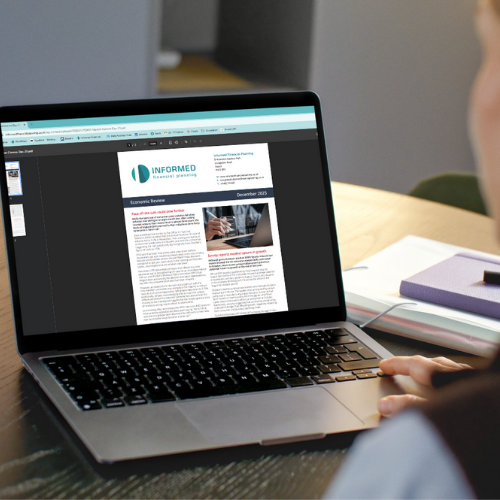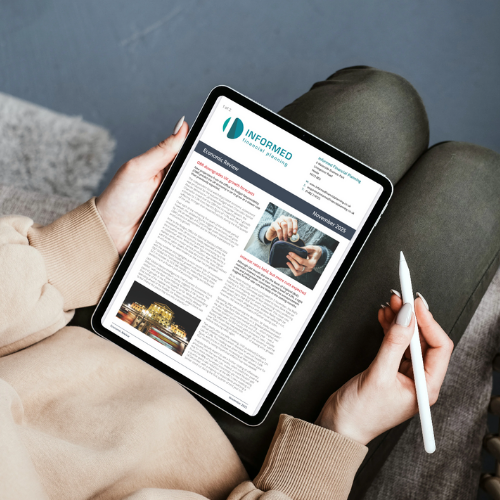“What was originally thought to be a temporary disruption to our way of life, has fundamentally altered it…” is how the Chancellor of the Exchequer, Rishi Sunak, began his Budget 2021 speech.
Following a whole year of scattered lockdowns, restrictions on daily life, remote working and loss of life, the whole country can now see the light at the end of the tunnel as a direct result from Covid-19 vaccines and other preventative measures. Just the week prior to the release of Budget 2021, the Prime Minister set out the Government’s roadmap to cautiously ease out of the lockdown restrictions for what we can only hope to be the last time. Many people are now left wondering…What did all of this cost us? Well, the OBR estimates that the total bill amounts to £355bn. Yep, you read that right!
This is the highest borrowing figure ever seen outside of wartime.
With so many people perplexed with how we’re going to pay for all of this, there is no surprise why so many tuned in to listen to the Chancellor’s speech on the 3rd of March.
So, without further ado, let’s look at some of the key aspects of Budget 2021.
The Good
- The government will continue the Furlough Scheme until the end of September. In July, employers will be requested to make 10% contributions towards their employees’ wages and in August, the percentage will rise to 20%.
- With regards to the self-employed, there is a more targeted support for the businesses most affected by the pandemic as part of the SEISS. If turnover has fallen by 30% or more, applicants are eligible for the full 80% grant. If turnover has fallen by less than 30%, a reduced grant of 30% will apply. Rishi Sunak also announced that businesses who filed their tax return for 2019/20 tax year by the end of 2nd of March will also be eligible to apply.
- Minimum wage will be increased to £8.91 per hour from April.
- The £20 uplift in Universal Credit will extend for further 6 months.
- Stamp Duty holiday on property purchases will be extended until 30th of June.
The (Arguably) Bad
- The Green Investment (or lack thereof). Labour leader Sir Keir Starmer criticized the Budget saying that it fell “way short of what is needed” and added that Sunak should have included a major green stimulus in order to create a greener infrastructure and new jobs as a result. The Chancellor reiterated that the government is keen to revitalise industrial hot spots and has planned for a new UK Infrastructure Bank to be set up in Leeds, which will boast £12bn in capital with the aim of funding £40bn worth of public and private projects. In addition to that, the government has pledged £15bn in green bonds, open to retail investors in the hopes of facilitating the transition to net zero by 2050.
- “The NHS family will have to do with ‘clapping and badges’”, says Professor Kailash Chand former chairman of the British Medical Association. Following Rishi Sunak’s speech, many took to social media to express the feeling of betrayal after the budget did not include any detailed plans for the NHS. In fact, NHS England’s budget has been shown to fall from £148bn in 2020/21 to £139bn in 2021/22, this might leave the health service struggling to manage the aftermath of the pandemic, namely it’s big backlog of surgeries, treatments and mental illness.
Mike Padgham, the chairman of the Independent Care Group said the following regarding the provisions made for social care – “The reform of care has once again been ignored at a time when the sector is in crisis after Covid-19 and with 1.4 million people not getting the care they need…Social care and the vulnerable people who rely upon it have been betrayed. We have been left short-changed once again.”
The Ugly
- The previously predicted changes to Capital Gains Tax, IHT and other bands will not be changed for the 2021/22 tax year. Nothing ugly about this, except for the fact that these allowances will now be frozen until 2026.
- The personal allowance and high rate tax band will increase to £12,570 and £50,270 respectively in April 2021 but these will also be frozen until 2026. This is predicted to hit middle to higher income earners the most and while it will bring an extra £8bn by 2025 into the Treasury some consider this a “back-handed way of raising taxes” due to the increasing nature of wage inflation and asset price inflation which will push more people over the thresholds.
- Our economy will not return to pre-Covid levels until mid-2022. In addition to this, unemployment is expected to also peak at 6.5% in 2022 which is still pretty ugly but arguably better than the 11.9% previously predicted.
In conclusion, Budget 2021 has sparked the usual discussions around fairness and transparency when it comes to government spending, taxes and social needs however there is the added crucial layer of its timing. Post-Brexit and after all the battles with Covid-19, people are understandably concerned and keen to know the state of our internal affairs, as well as what actions will be taken to ensure there is support available to those who need it. There is no doubt that the handling of the pandemic has been controversial and the same applies to the way the Budget has been received by the people. Let us know what you think about Rishi Sunak’s plan to rebuild the economy within the next 5 years!
Written by: Compliance Assistant, Maggie Tsvetanova
Sources:
https://www.bbc.co.uk/news/uk-politics-56266773
https://assets.publishing.service.gov.uk/government/uploads/system/uploads/attachment_data/file/966161/Budget_2021_Web_accessible.pdf
https://www.gov.uk/government/news/budget-2021-what-you-need-to-know
https://www.ftadviser.com/investments/2021/03/03/capital-gains-tax-out-of-firing-line-in-budget/
https://www.bbc.co.uk/news/business-56270941
https://www.theguardian.com/uk-news/2021/mar/03/nhs-social-care-and-most-vulnerable-betrayed-by-sunaks-budget
https://inews.co.uk/news/budget-2021-insulted-nhs-staff-denied-pay-rise-896440



